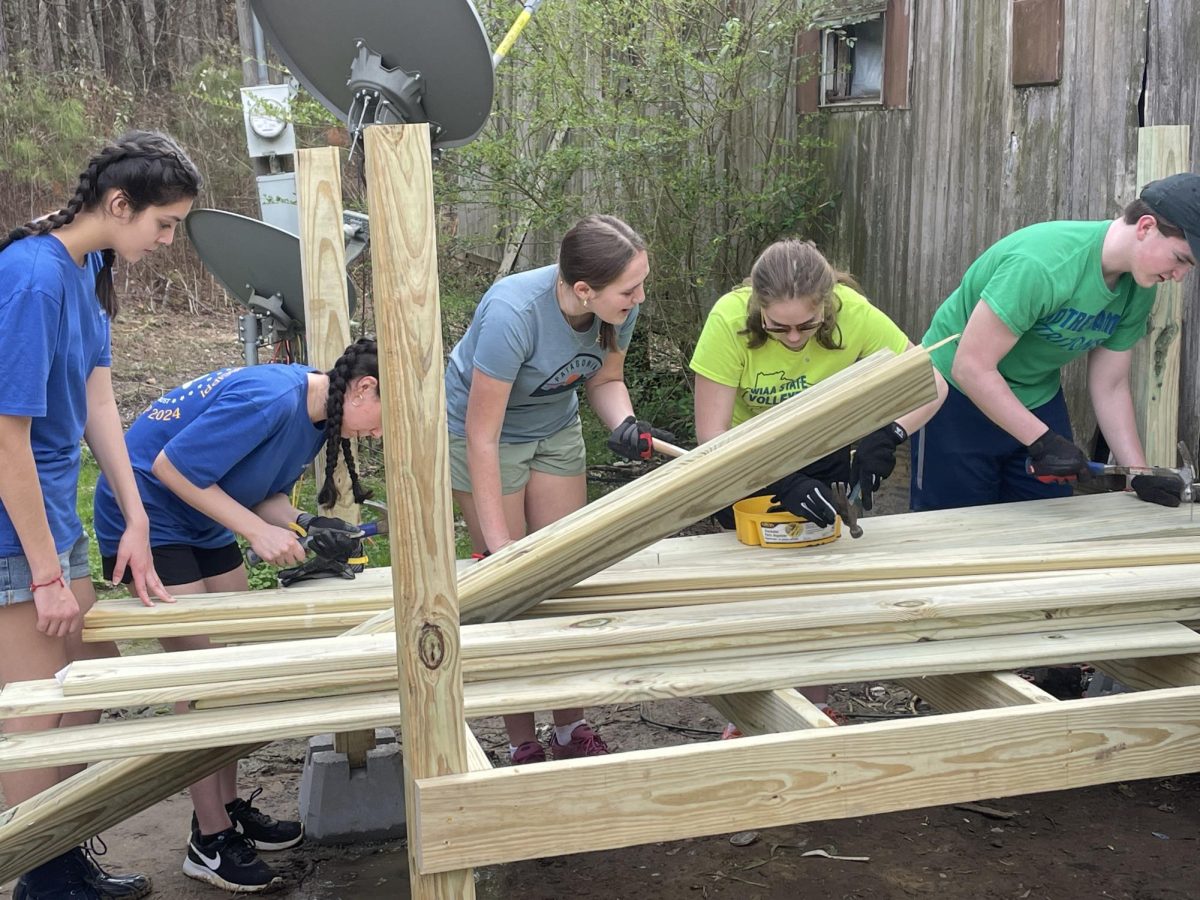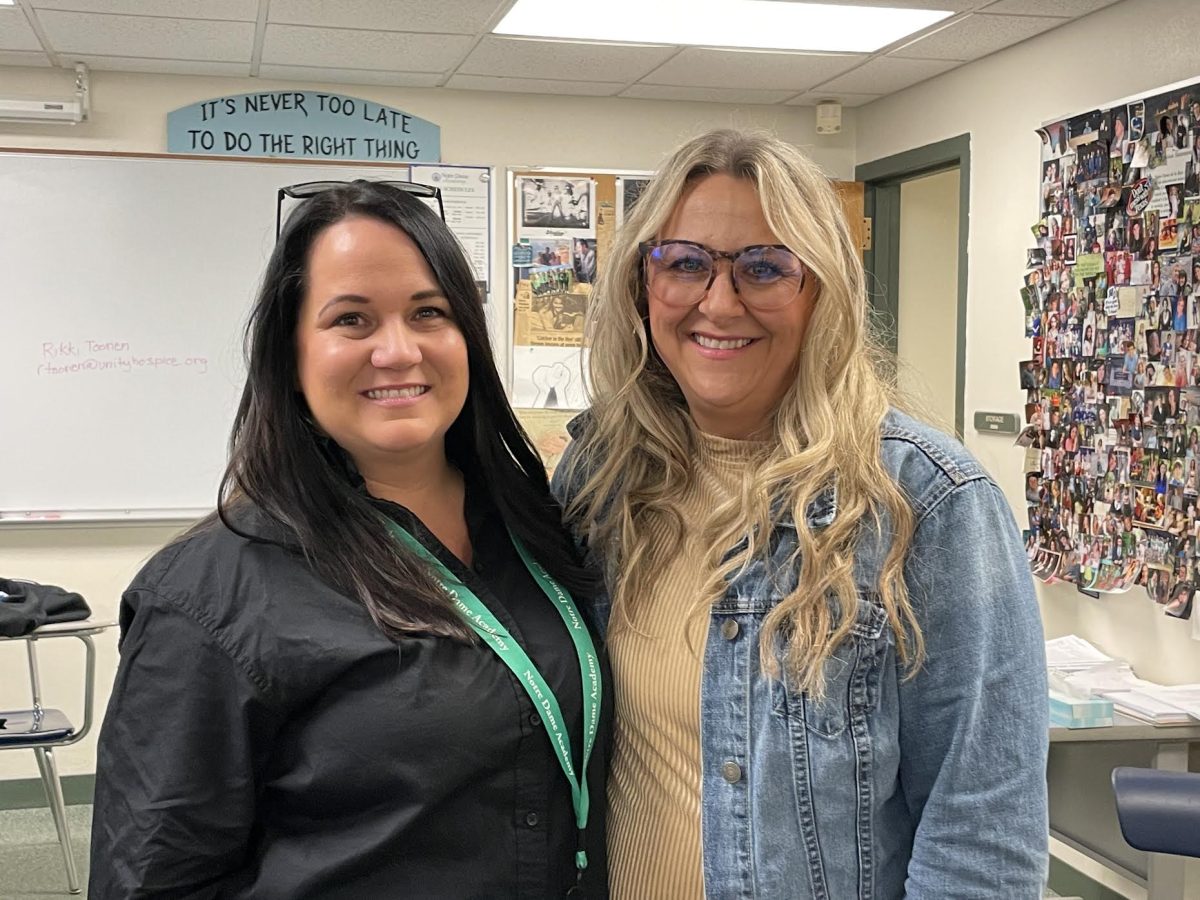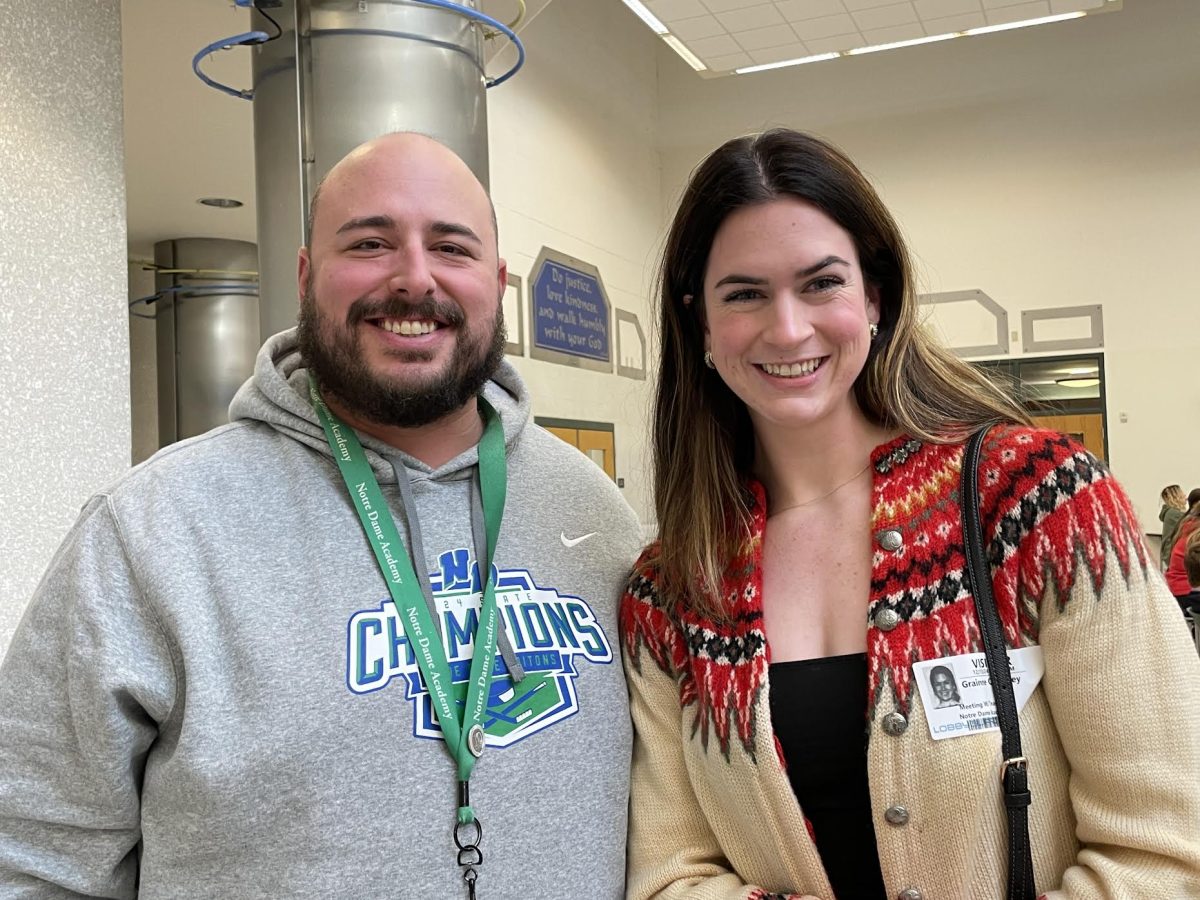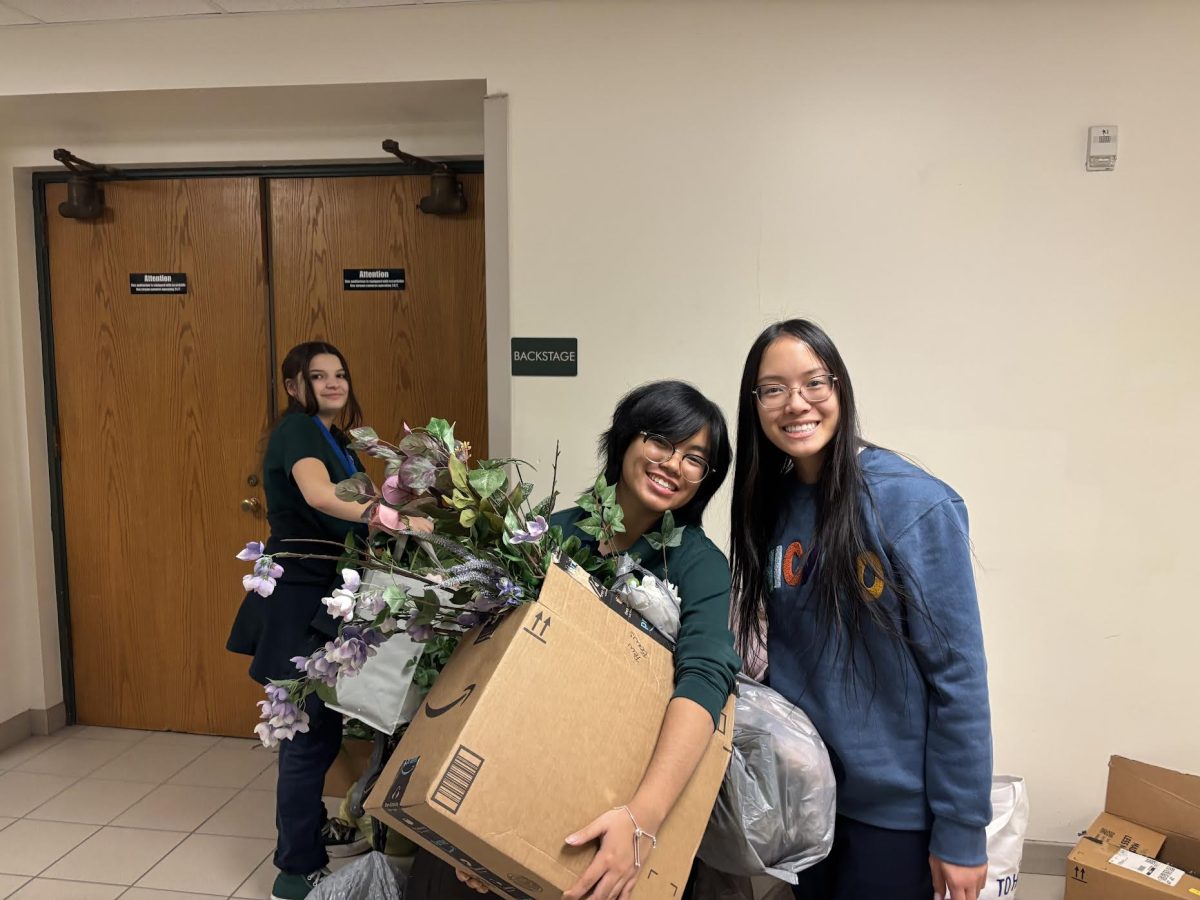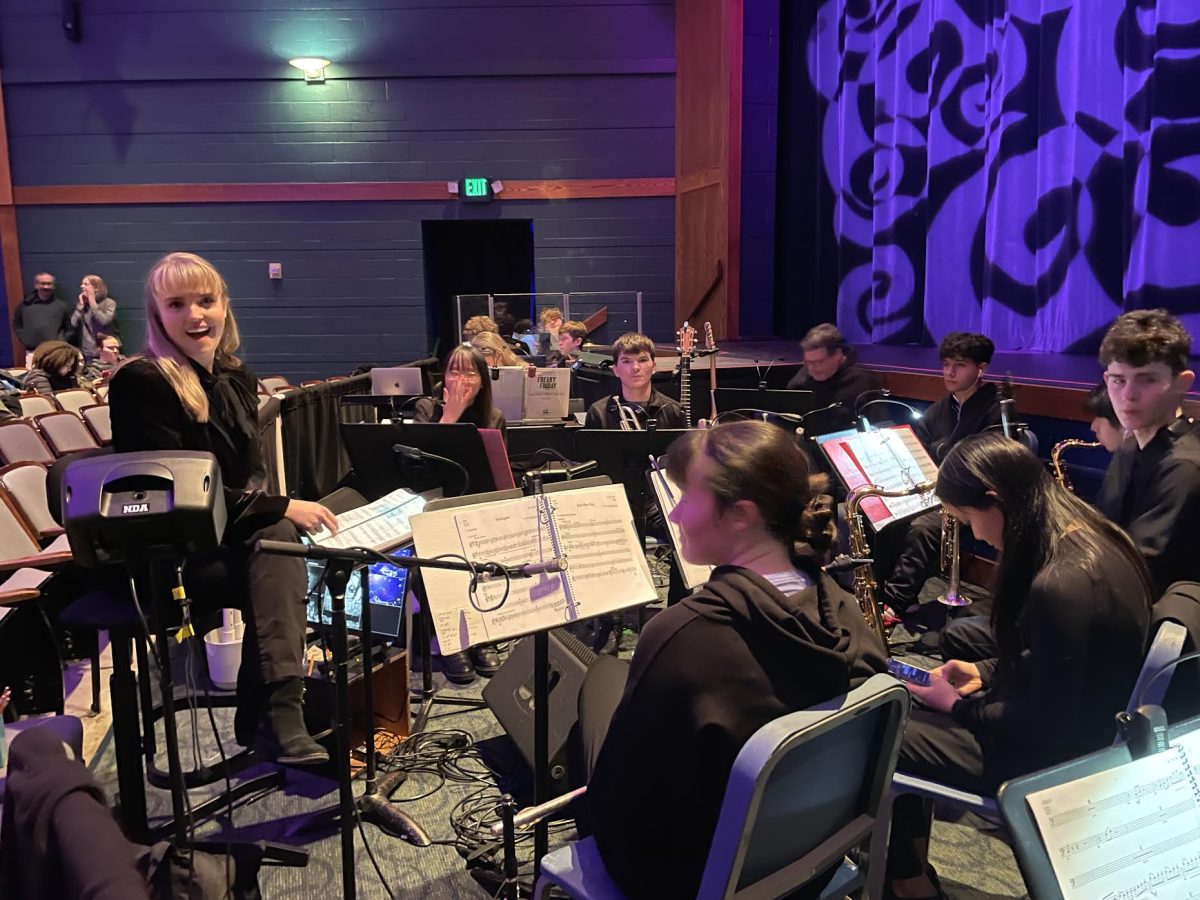How to Study Smarter, Not Harder
October 25, 2018
Have you ever found yourself daydreaming at your laptop trying to write a paper? Have you ever read a paragraph over and over again and still have no idea what you just read? This is a common problem for students trying to study for long periods of time. Here are some tips on how to improve your memory and study habits.
- Study in short chunks.
Studies have shown that studying for short chunks over a long period of time is significantly better than studying for a long time right before a test. Breaking up studying with activities such as working out or getting your mind off the work you are doing have been shown to greatly improve the amount of information retained. For example, studying for 30 minutes for five days is better than studying for three hours the night before a test.
- Create a study space.
Creating a study space is very important. A study space could be a quiet area where you will not be distracted by other people or noises. A common preference of students is to listen to an iPod or phone, and this may prove beneficial to some students. However, if you want to listen to music, make sure the music has no words and you turn your device face-down, with the ringer off, so you are not disturbed by messages or notifications.
- Make time for sleep and exercise.
Sleep and exercise are very important to your study routine. Breaking up study sessions with a little bit of exercise is always a great idea. Exercise gets your endorphins going, which keep you attentive and alert. This will make your studying more efficient. Another part of the equation is what you do at night. Sleep is essential to having good study habits. It helps you stay alert during the day, instead of being sleepy from pulling all-nighters.
- Learn it like you have to teach it.
Studies have shown that people who learn information to teach others learn the information in a more logical manner than students who are learning for themselves. One way to put this method into practice would be to study in a group and verbalize the ideas you learn as you learn them with open discussion among group members.

